WHERE WE WORK
CLEAR Global is working to make
communications in the right language
a standard practice across the world.
We do this by bridging the language gap that often hinders effective social impact. When critical information is accessible in the languages of those affected by crises, we enable better understanding, coordination, and support.

With presence in Bangladesh, Nigeria and DRC, and a track record of programs in countries such as Iraq, Somalia, Ukraine, Myanmar, Colombia, Rwanda, Kenya, and India.
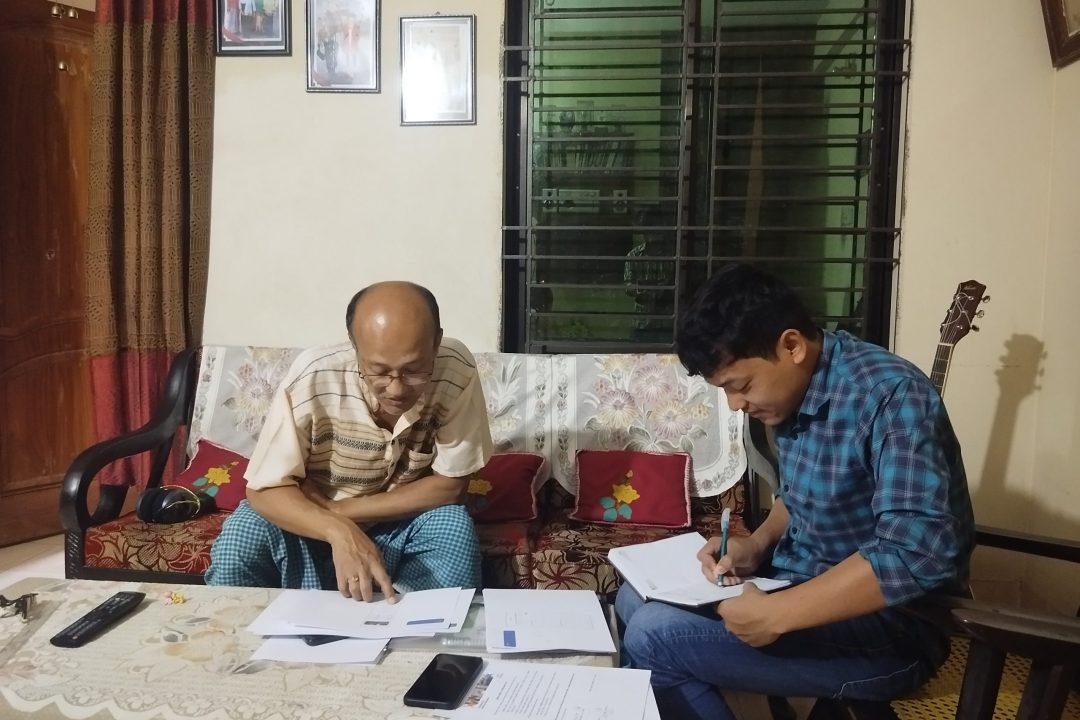
Our research, along with interventions like the deployment of language technology, ensures immediate impact in both crisis and development contexts.
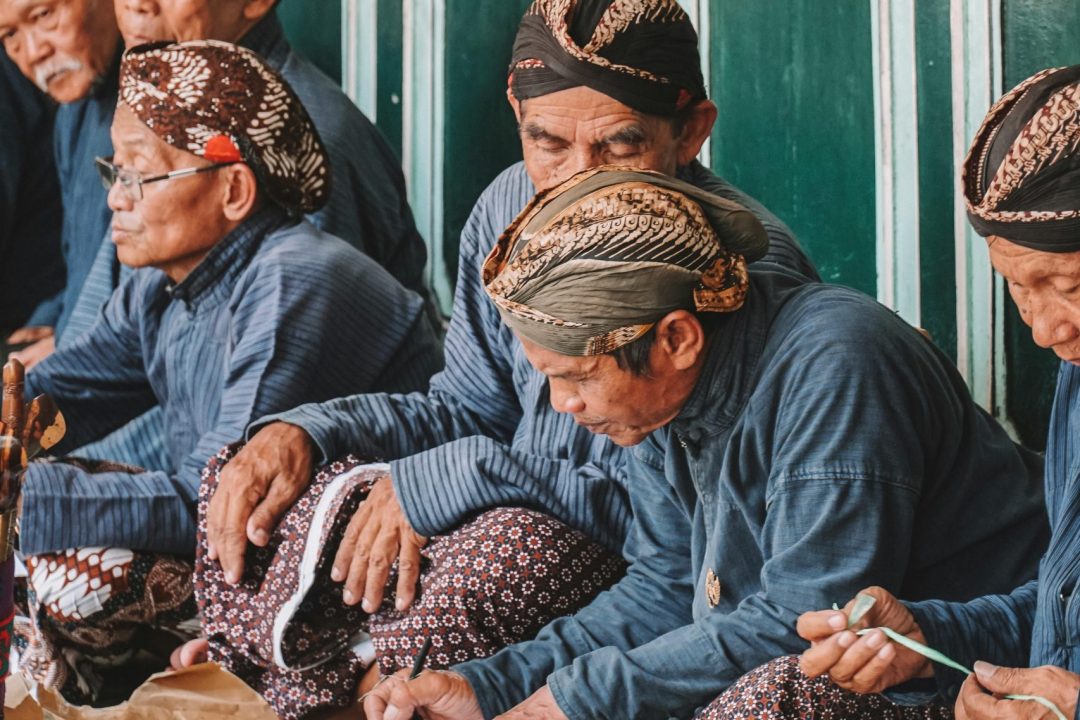
By working closely with humanitarian agencies, we continue to enhance language accessibility for vulnerable populations around the world.
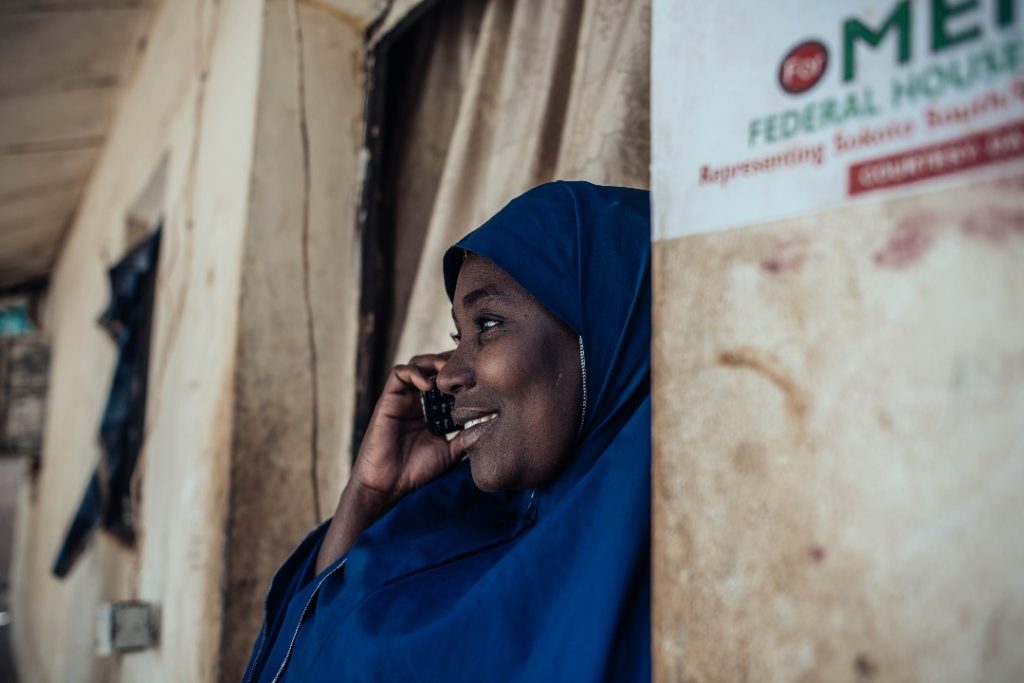
In Bangladesh
In Bangladesh, Rohingya refugees face significant communication challenges that hinder access to essential services and support.
While Chittagonian and Rohingya languages are often confused, they differ substantially, especially in terms of critical words such as ‘pain,’ ‘help,’ and ‘pregnant.’
These language barriers create substantial gaps in communication, impeding effective medical treatment, trauma counseling, and accountability efforts.
Moreover, limited resources for language services make it difficult for humanitarian organizations to engage and effectively communicate with the Rohingya community, further exacerbating their vulnerabilities.
In order to...
ensure clear communication with
the Rohingya community,
help humanitarian organizations deliver their services effectively and in a culturally sensitive manner,
we provided language factsheets, a report on Rohingya information preferences to guide more effective communication in the right language and format, and tracked language needs across borders.
ensure accountability through two-way communication in the appropriate languages,
we established complaint and feedback mechanisms, focusing on marginalized groups such as women and people with restricted mobility, to improve service delivery.
improve learning outcomes and reduce dropout rates among children who speak Marma language,
we support teachers to deliver mother-tongue education. The project combines Marma literacy training with digital skills and language technology. It also addresses systemic challenges through community partnerships and localized, sustainable solutions.

Power dynamics shift when language dynamics shift

In Nigeria
See in-depth information about the languages spoken in Nigeria.
Nigeria, with its diverse linguistic landscape of over 500 languages, faces significant challenges in ensuring clear communication, especially in rural and underserved communities.
CLEAR Global is actively working to bridge these gaps by curating language data and creating tailored communication strategies to reach all members of society, including vulnerable groups.
We are committed to promoting effective communication through data-driven insights and innovative language solutions that ensure no one is left behind.
In northeast Nigeria we convinced and enabled humanitarian actors to move beyond Hausa to include Kanuri, Fulfulde, Shuwa Arabic, Mandara, Marghi, Kibaku, Waha, and Bura-Pabir.
Expanding to these languages meant that the proportion of affected people who could be reached in their primary language rose from 31% to potentially 83%.
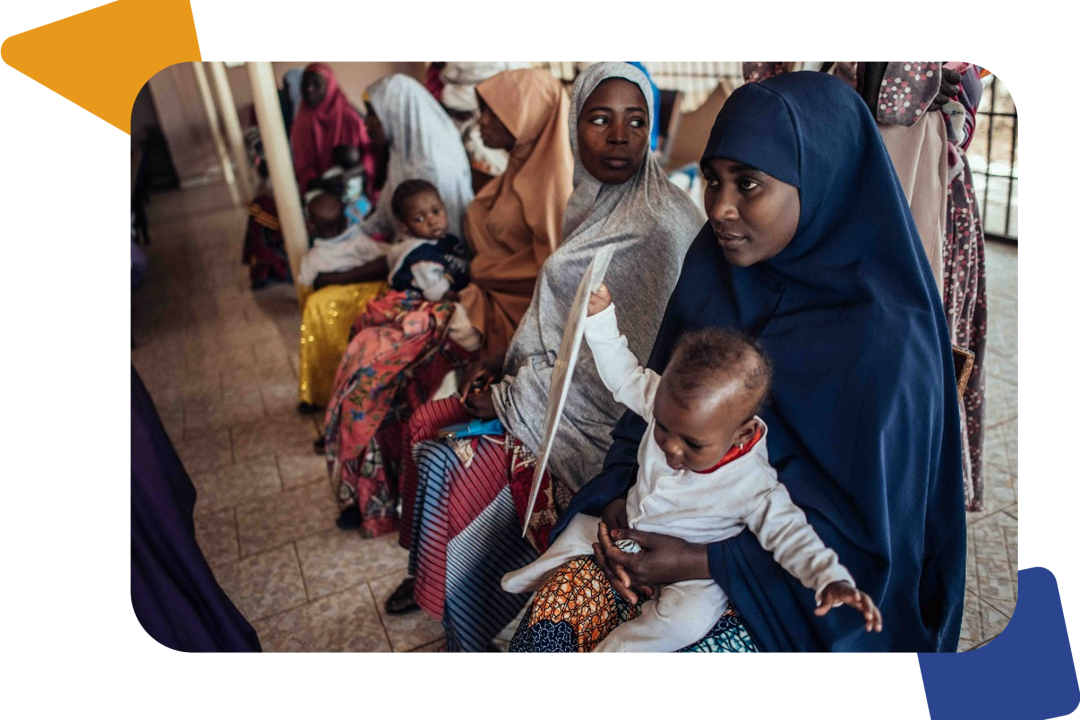
In order to...
address the language diversity and ensure communication effectiveness,
we collect and analyze language data to understand language use and comprehension patterns across various communities, enabling more targeted communication strategies.
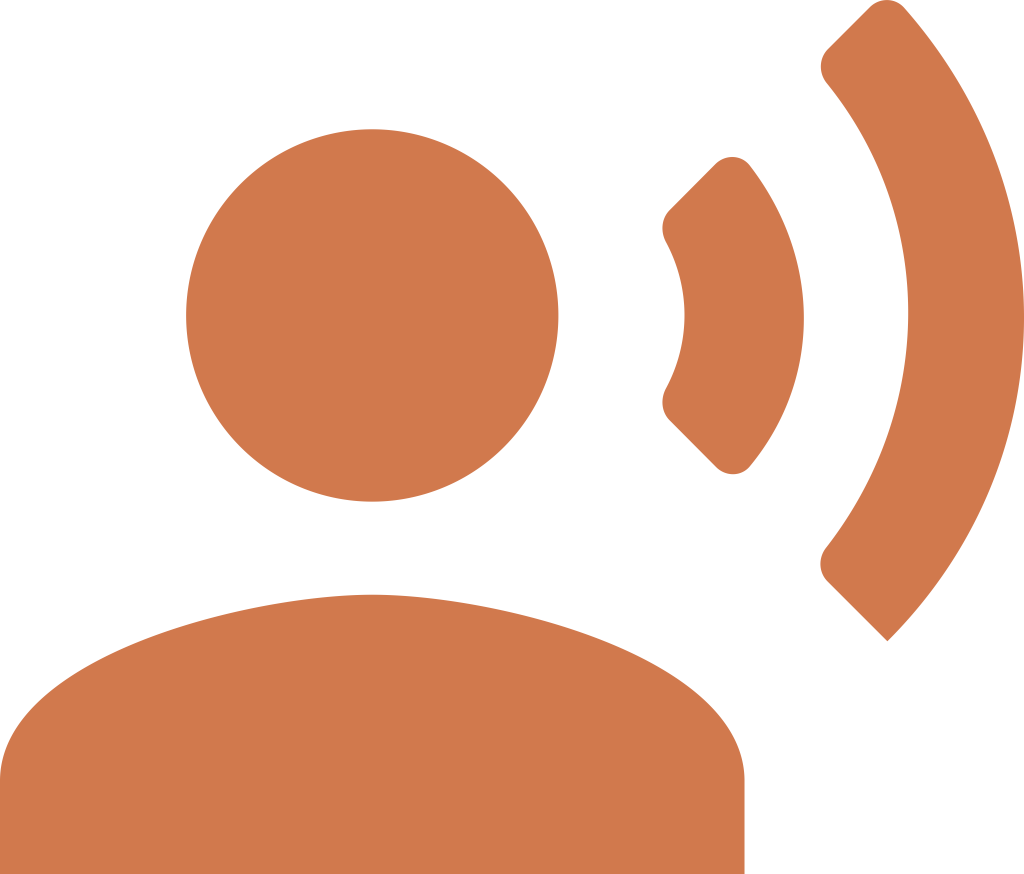
prevent information loss and improve the quality of programs,
we train interpreters and staff to help them communicate effectively in local languages and preserve confidentiality in sensitive situations.
make information widely accessible and ensure consistent, accurate translations,
we provide plain language translations, glossaries, and audio content in over 20 Nigerian languages. With over 7 million words translated and a mobile glossary app offering offline and audio capabilities, we enhance understanding and accuracy across diverse communities.
break down language barriers and ensure that information reaches users in remote or underserved areas,
we launched multilingual chatbots that provided instant answers in languages like Hausa, Kanuri and Shuwa Arabic, empowering individuals to interact in their native languages and addressing information gaps in hard-to-reach regions.
improve community engagement and ensure that feedback from local communities is actionable and inclusive,
we design tailored feedback mechanisms that allow dialogue in local languages, ensuring vulnerable populations, especially in remote areas, can provide and receive information in ways they understand, with digital tools for easy access.
strengthen humanitarian accountability to affected people,
we lead coordination efforts and deliver training that transforms how organizations understand and implement linguistic inclusion, accountability to affected people and community engagement.

Effective aid starts with effective communication!
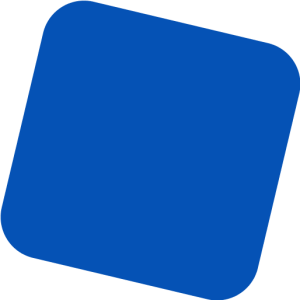
Globally
This map uses the Gall-Peters projection.
Some of our work across the world
Planeta Azul
we developed this Spanish-language chatbot in collaboration with IOM. It provides migrants and refugees with instant access to information about IOM services through an interactive conversational interface.
This tool, developed after comprehensive UX research, addressed the specific issues and concerns of migrants and refugees in Peru, Ecuador and Mexico.
O-Canada
We supported IOM with UX testing for mobile app O-Canada. The app was tested in five languages (Arabic, Dari, Kiswahili, Somali and Tigrinya).
The testing methodology was implemented in person in Ethiopia, Kenya, Lebanon and Tajikistan, and remotely for other people in various locations.
Language use data platform
For aid to be effective, we need accurate information on who speaks what, where. This platform, with 30 countries available and counting, offers maps with granular language use data.
In Bolivia, we worked with indigenous communities to assess language needs for disaster risk management.
In Somalia, we explored how well Maay speakers understood information about polio vaccination. We found that overall knowledge about polio vaccines is low, in part because information is usually only available in Mahaatiri.
The World Food Programme requested a language capacity assessment, so we created 11 language maps, provided guidance on integrating language inclusion considerations into their design, and developed a community engagement glossary.
TWB Voice
Our platform for voice data collection working towards the inclusion of low-resource languages in future tech developments.
Kompas
An app for aid staff and people affected by the war in Ukraine, helping them accessing legal advice, psychosocial support, housing, and other services.
Uji
A chatbot that provided COVID-19 and Ebola information in DRC. Uji spoke with people in French, Congolese Swahili, and Lingala via Facebook Messenger, Telegram, WhatsApp, and SMS.
TILES (Touch Interface for Language Enabled Services)
A portable, voice-enabled information kiosk that works without internet. In Bihar, India, where farmers used it for climate change adaptation, 87% of them said it answered their questions correctly and 95% would use it again.
In Rwanda, we collected over 60,000 sentence translations and developed machine translation models. Built on open-source principles, the project created publicly accessible datasets and models to bridge linguistic gaps and while ensuring collective ownership of language technology resources.
Join our mission
to break down language barriers
You can partner with us to ensure no one is left behind, whatever language they speak.
Contact us to explore collaboration opportunities.
Get in touch on info@clearglobal.org